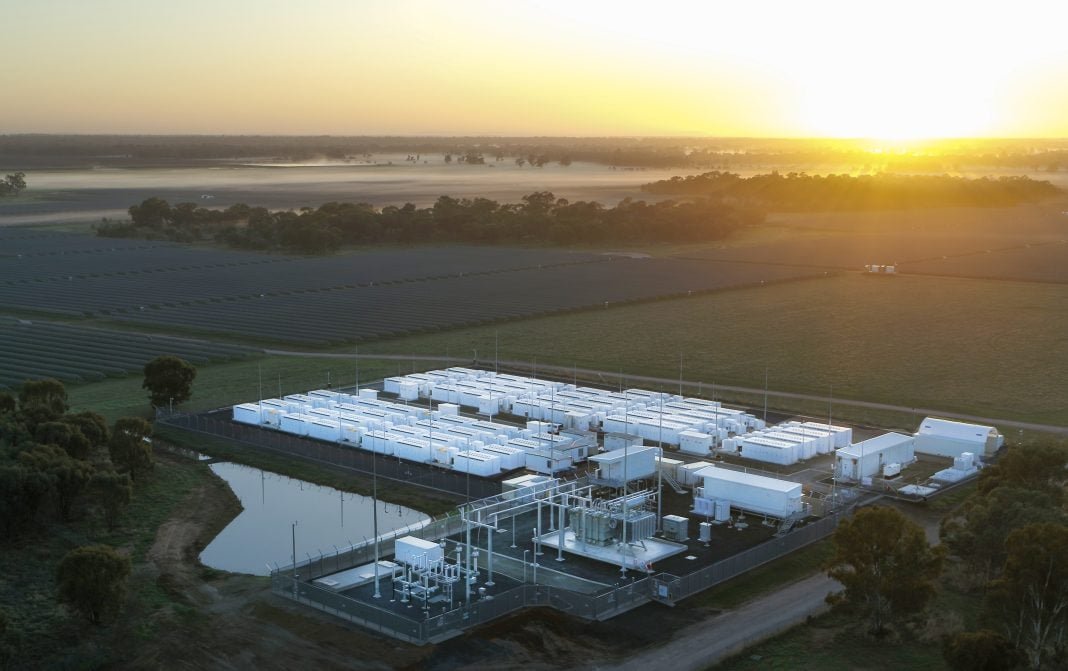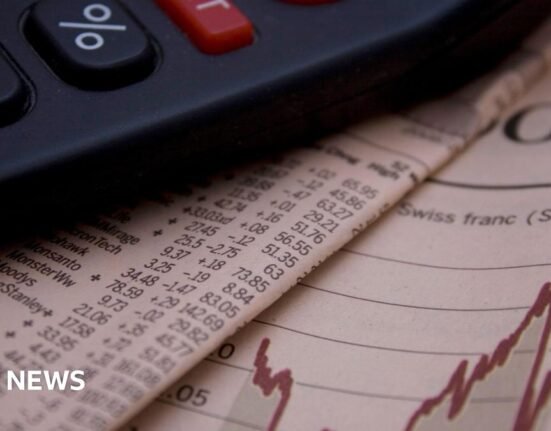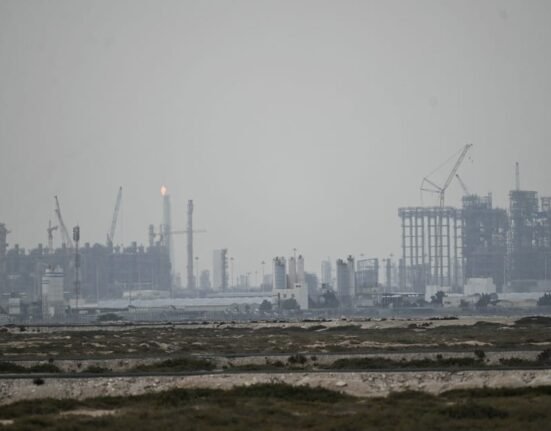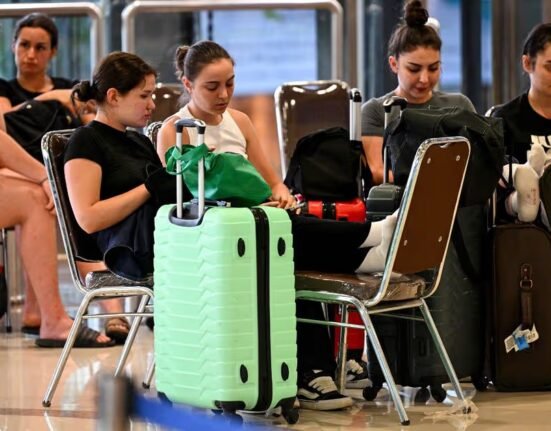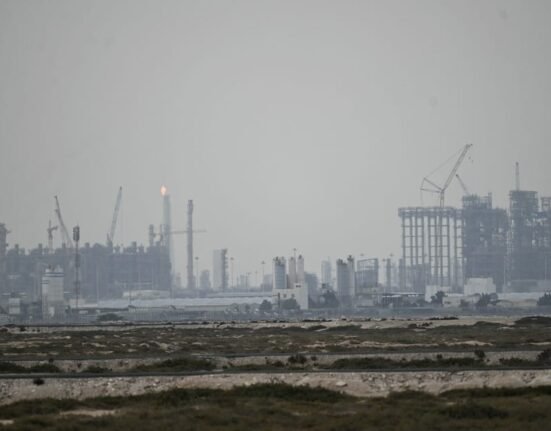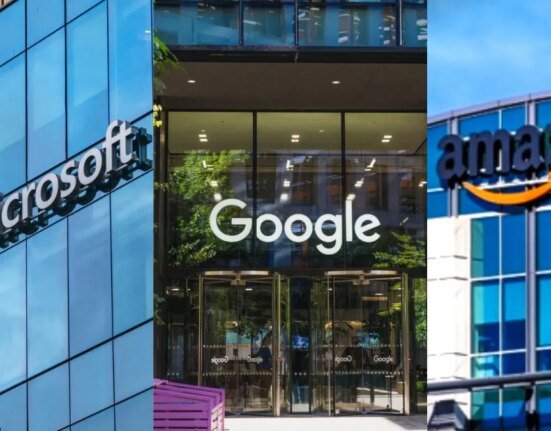Tesla reported just under US$2.4 billion in revenue from its energy business for the quarter, versus just under US$1.6 billion in the same quarter of last year, while Q3 automotive revenue was at US$20 billion compared to US$19.6 billion in Q3 2023.
The company shipped 6.9GWh of battery storage, including its Megapack utility-scale battery energy storage system (BESS) and Powerwall residential units in the quarter. This was about 30% less than the all-time-high 9.4GWh it reported for the second quarter of this year but a 75% increase year-on-year from Q3 2023’s 4GWh.
Similarly, generation and storage revenues were about 23.7% lower than in Q2 when Tesla reported just over US$3 billion.
While the energy segment includes solar PV installations, the contribution of the solar business has been declining since Tesla entered the sector in 2016 with the acquisition of SolarCity and the subsequent firing of Musk’s cousins who ran the business.
Solar figures were not included in Tesla’s Q3 shareholder deck or in the company’s earnings call to explain results, nor was the performance of its solar business mentioned.
Musk, setting aside his activities endorsing Donald Trump’s presidency and paying Republicans to register for voting, said on the earnings call that “the energy storage business is growing like wildfire, with strong demand for both Megapack and Powerwall.”
“For the energy business, that’s doing extremely well … the opportunity ahead is gigantic,” the CEO said.
California Megapack factory’s 40GWh ramp complete
In the Q2 results call in July, Tesla executives said the company’s Megapack factory in Lathrop, California, was on track to ramp up to 40GWh annual production capacity by the end of this year.
Musk said that has already been achieved, with the factory now producing 200 Megapacks per week, while its Megapack factory under construction in Shanghai, China, will be up and running from Q1 2025 with 20GWh annual production capacity.
The Shanghai factory will also ramp up, Musk said, before making the 100GWh per year claim and adding that this will “ultimately grow I think to multiple terawatt-hours per year.”
“It has to actually in order to have a sustainable energy future. If you’re not at the terawatt scale, you’re not really moving the needle.”
The Trumpist CEO then talked about the vital importance of solar as the primary energy source for that sustainable energy future. However, at this stage, it appears that Tesla is happy to let others deliver that part of the clean energy equation. It remains to be seen how this belief in sustainable energy squares with his preferred presidential candidate’s agenda.
Regarding the dip in storage shipments and energy segment revenues versus Q2, CFO Vaibhav Taneja noted—as have executives at other major BESS manufacturers and integrators—that demand can be seasonal and fluctuate. Despite that dip, Tesla expects Q4 numbers to be much higher, Taneja said.
The company expects energy storage shipments for the full year to be more than double the 14.7GWh reported for 2023. For the first nine months of the year, it has already deployed a cumulative 20.4GWh.
In previous earnings calls, Musk had commented that energy is the company’s highest-margin business segment, and in Q3, the 30.5% gross margin was a company record. Its overall GAAP gross margin including automotive and services revenues was 19.8% in Q3.
Despite Musk’s proclamations and Taneja’s upbeat assessment, renewables and storage were sidelined, beyond Musk’s opening remarks. The Q&A that followed focused entirely on questions about the auto business, including Tesla’s recent robotic taxi unveiling and focus on self-driving autonomous vehicles.
AAA bankability rating
Tesla was recently revealed to be the only AAA-rated BESS supplier in the global market in the Battery StorageTech Bankability Report published by our colleagues at PV Tech Research.
That placed it ahead of even CATL, the world’s biggest battery manufacturer, which got an AA rating, and Samsung SDI, rated A. The overall top 15 suppliers, as selected by PV Tech Research analysis, was unsurprisingly dominated by China.
The bankability report assesses companies on metrics including cell manufacturing and module assembly capacity, ESS solutions shipment volumes, and financial health based on Altman Z scores.
“While Tesla relies upon some third-party battery cell supply, the quarterly deployment levels of ESS solutions are currently trending at record highs (almost 10 GWh). Furthermore, Tesla’s financial scores are at the upper end of all the companies analysed in the first report, although ESS operations still represent a minor part of the total group turnover,” wrote Charlotte Gisbourne, PV Tech Research analyst, in a guest blog about the report’s launch for this site.
Tesla also topped Wood Mackenzie’s leaderboard rankings for global energy storage system integrators in 2023. Wood Mackenzie’s findings, published in August this year, also placed Tesla top in North America and second in Europe.

